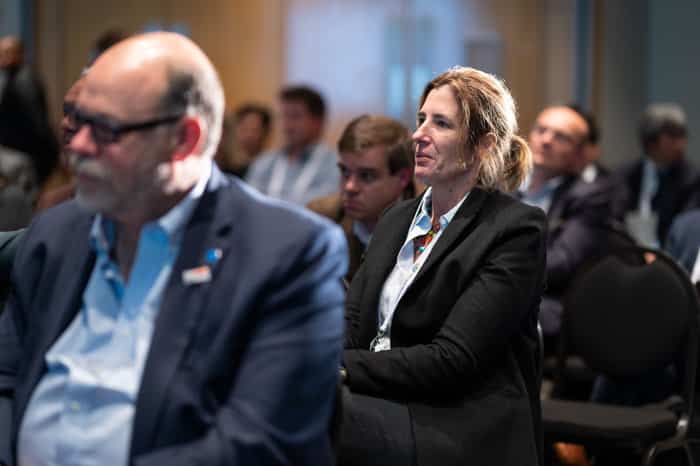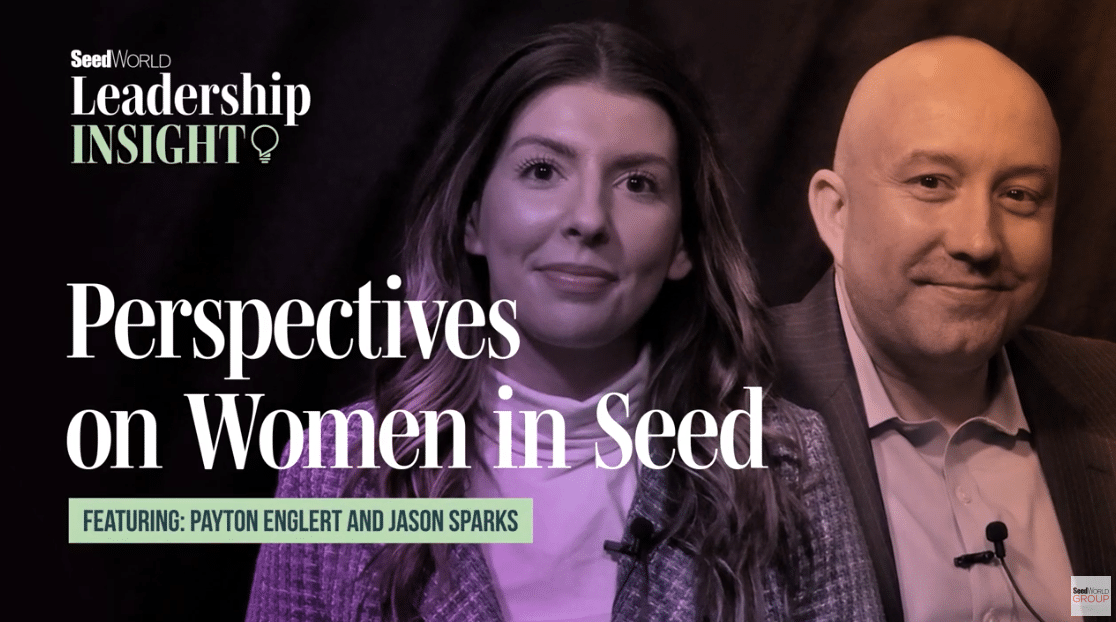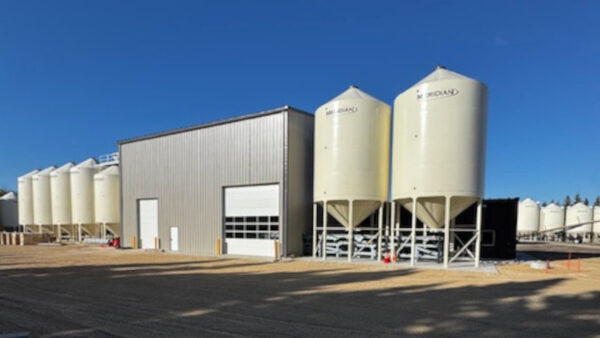ISF creates space at the World Seed Congress for women to share and celebrate.
While seeds provide the roots for creating a greater and more sustainable global food future, gender dynamics are still subject to historical imbalances across the agricultural industry. So, for the first time, the International Seed Federation (ISF) is shining the spotlight on women in the seed sector to inspire leadership, effect lasting change, and create more opportunities for inclusiveness in our industry.
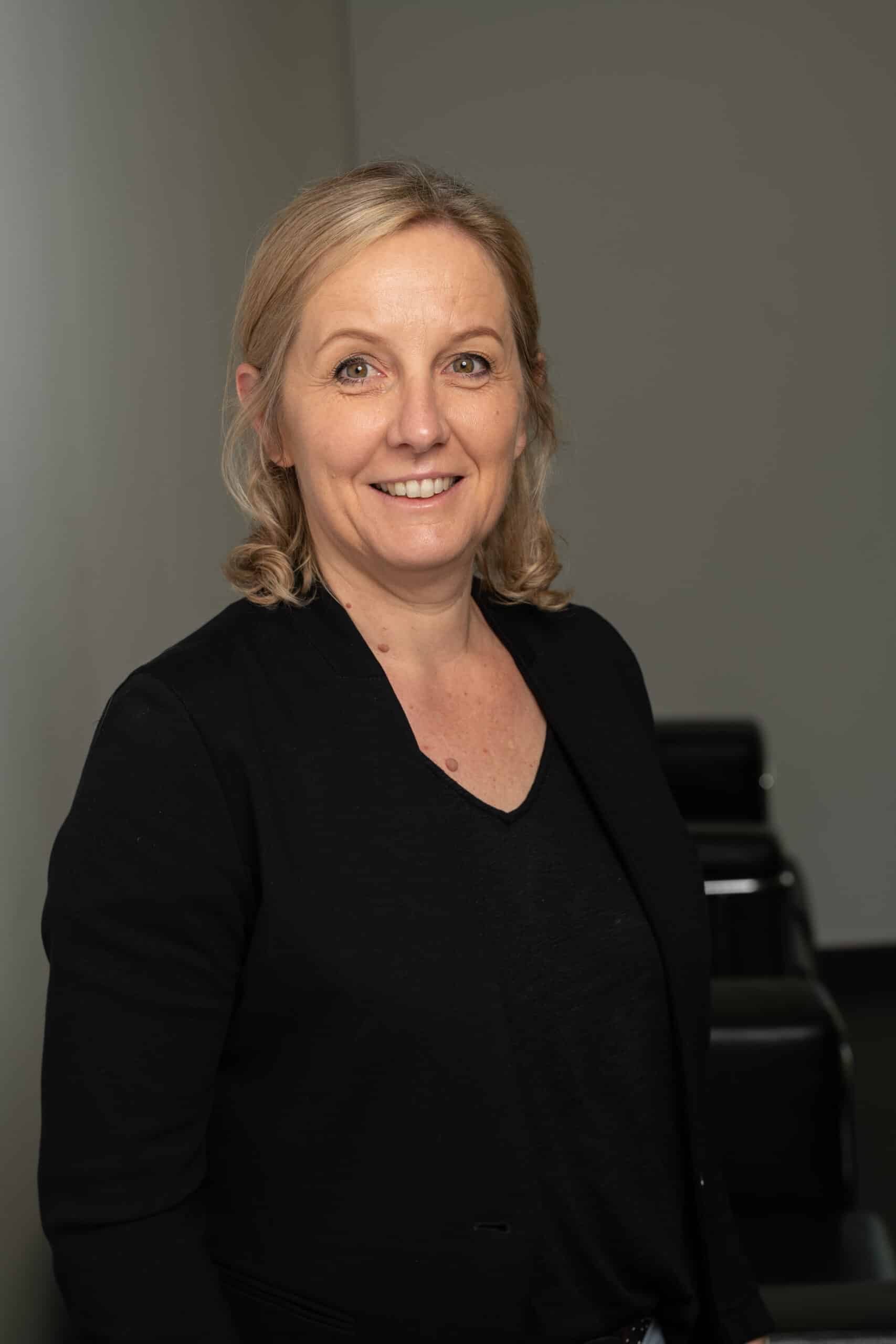
Marie Tahmazian, finance and member engagement manager for ISF, explains the idea to highlight women in agriculture first came during the National Seed Associations’ meeting during the ISF Midterm Meetings in Rome in November 2022.
“We thought it would be a great idea to organize a women’s luncheon during the ISF World Seed Congress in South Africa, to bring together women in agribusiness and give them a space to exchange, share experiences, identify common challenges, and create a network,” Tahmazian says.
The planned setup includes a short panel talk with women speakers from the seed and agribusiness sector, followed by a networking lunch.
The speakers for the women luncheon during the ISF WSC 2023 are: Michael Keller, ISF secretary general; Lorena Basso, Semillas Basso Argentina, ISF Executive committee and BOD; Lukeshni Chetty, SANSOR general manager; and Susan Allen, Sakata South Africa.
It’s an interesting and diverse group that will bring a variety of perspectives.
“We want to hear inspiring experiences of women in the business, the challenges they had to overcome in their professional life, the limitations that hinder a woman’s career for gender-specific reasons, what concerns companies have when hiring female employees, and how to be resilient in pursuing a career. We also want to provide advice to young women in the seed profession,” Tahmazian says.
Opening Doors
Basso began her career in the seed industry very early in life, following in the footsteps of her father, who opened the doors for both of his daughters to enter an industry he loved.
“We started out in the company when we were in high school, working on Saturdays and in the summer. “But really, I’ve been in the seed business since I was a baby and it was very important to me to be a part of that family legacy,” she explained.
So, Basso studied economics and spent some time working outside of the family business before returning as the commercial manager. She was then named president in 2011, succeeding her father, and also became the first female president of the Argentinian Seed Association (ASA) and the regional Association, Seed Association of the Americas (SAA).
She is grateful to her family for paving the way for her, and proud of how she has been able to find her own place in the industry.
“My last name has opened some doors, I’m sure, but then to prove you can sit in that seat, you need experience and talent,” Basso reflects. She encourages other women to find their own path as well.
“You don’t have to be a man. You have to be yourself,” she says.
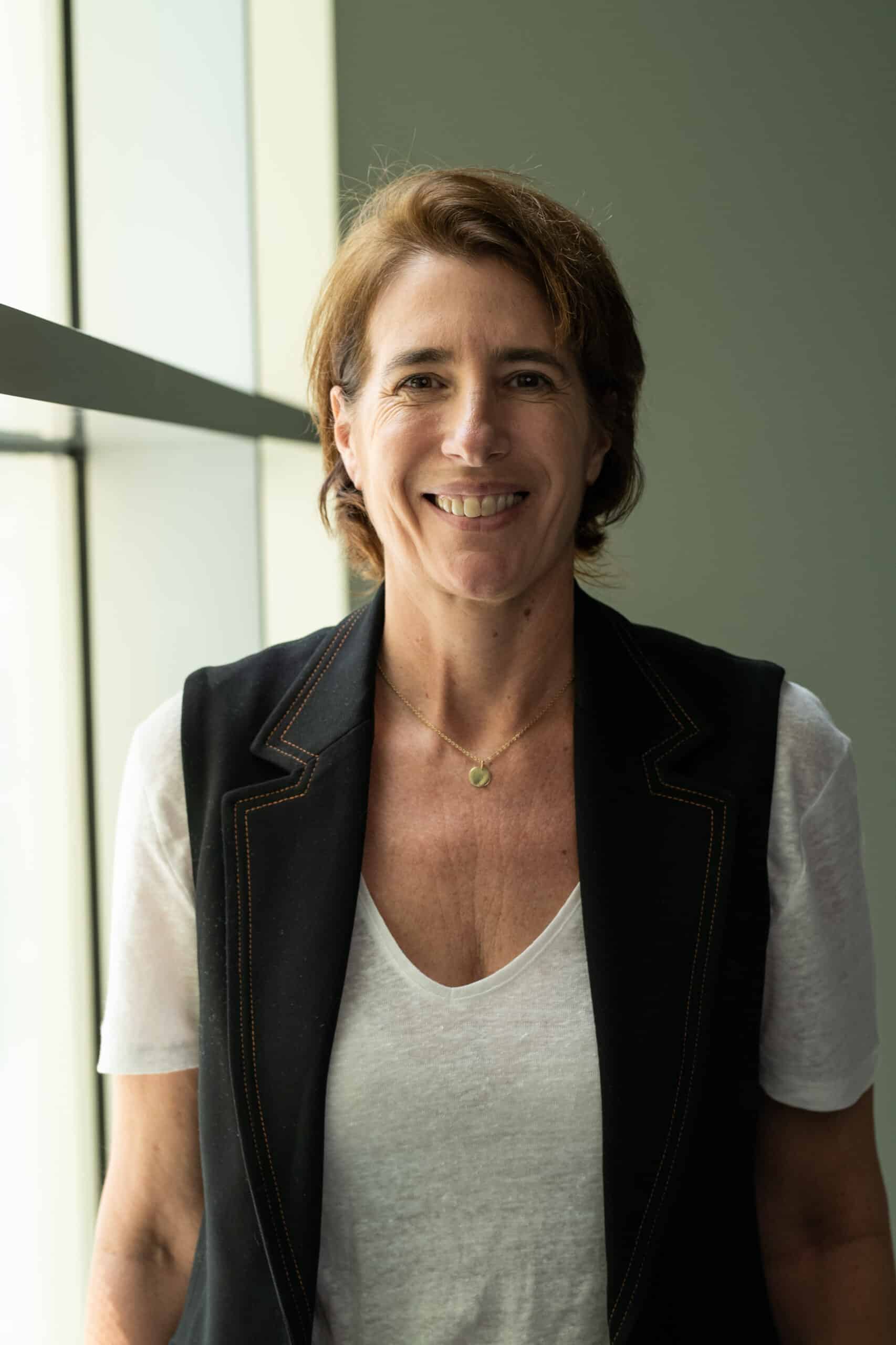
Up-and-Coming Leaders
ISF is also specifically encouraging young women who are just beginning their careers.
ISF reports that about 30% of all attendees are women, which is still far from balanced, but a long way from 10 or 20 years ago.
“You can feel a little more confident and comfortable,” Basso explains.
However, it’s important to note that not all regions are representative of these percentages.
“South America doesn’t have as many women leaders here yet, and I don’t see as many women in the States either. I believe Europe does better,” Basso says.
“There are definitely more young women, but it can be a bit scary to speak out when you’re young, especially as a young woman,” Tahmazian says.
The luncheon discussion is designed to help open those doors a little wider to these young women to step up to the table and start to build those connections and break down those barriers, something Basso understands.
“When I was the only woman in the room, particularly as a young woman, sometimes you can say something and no one hears you. That happened more many years ago, but now when we have more women in the room, we can help each other. It’s good to not be the only one,” Basso says.
Mentors and Mothers
Kanokwan “May” Chodchoey is one of those young women that benefited from other women who came before her and paved the way. She began her career at Monsanto where she was able to participate in a mentorship program that paired leaders in each department with young leaders.
“I was fortunate to have a strong female mentor, Aruna Rachakonda, who encouraged me to believe in my abilities, ignore the noise from naysayers, and focus on achieving my goals, both personally and professionally,” Chodchoey says.
Later she moved to the Asia and Pacific Seed Association (APSA), where she worked under the leadership of two successful female leaders and mothers: then APSA president, Brenda Dossey and past president, Mary Ann Sayoc.
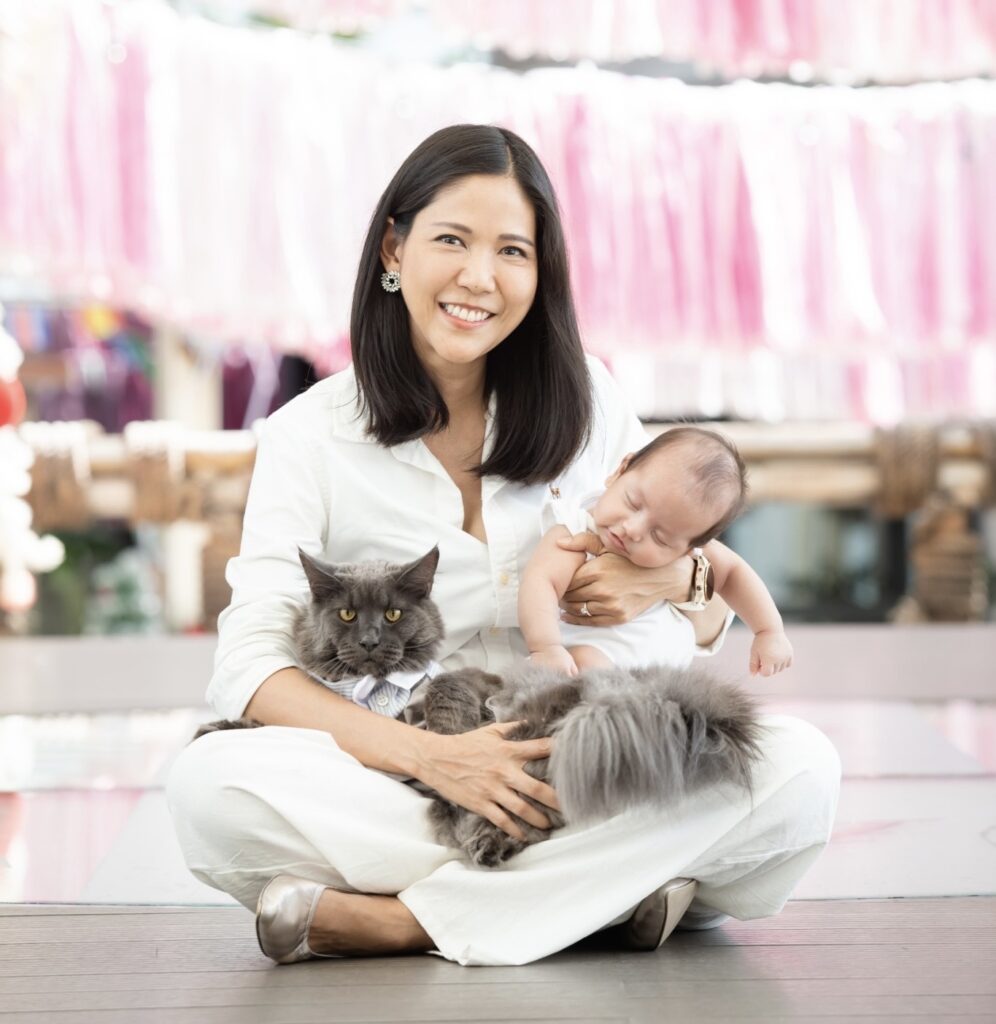
“They both led by example, and their actions and dedication to their jobs inspired me to become a better leader myself,” Chodchoey says, mentioning that as a new mother, this is even more important to her.
“Becoming a mother has helped me to develop a deeper perspective and appreciation of other women leaders who are also mothers. Practically, my priorities in life have shifted, and this experience really has helped me to better understand other women and motivated me to encourage fellow women colleagues to strive and perform well in their respective roles,” Chodchoey explains.
It’s about leading by example.
“By showing what is possible and modeling good leadership, we can help create a more equal and supportive workplace for everyone,” Chodchoey says.
Make sure to stay tuned for part two of this piece coming tomorrow.


